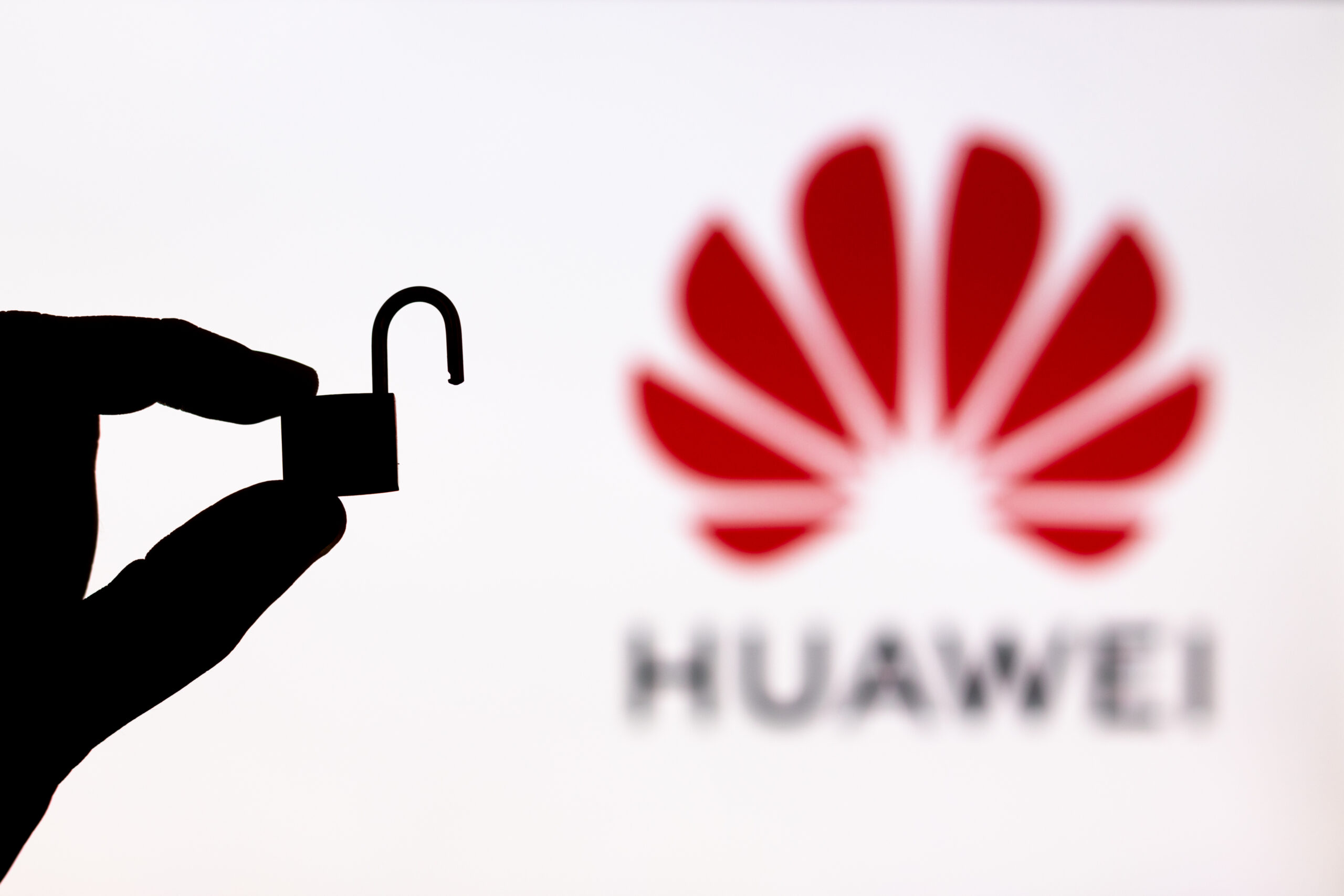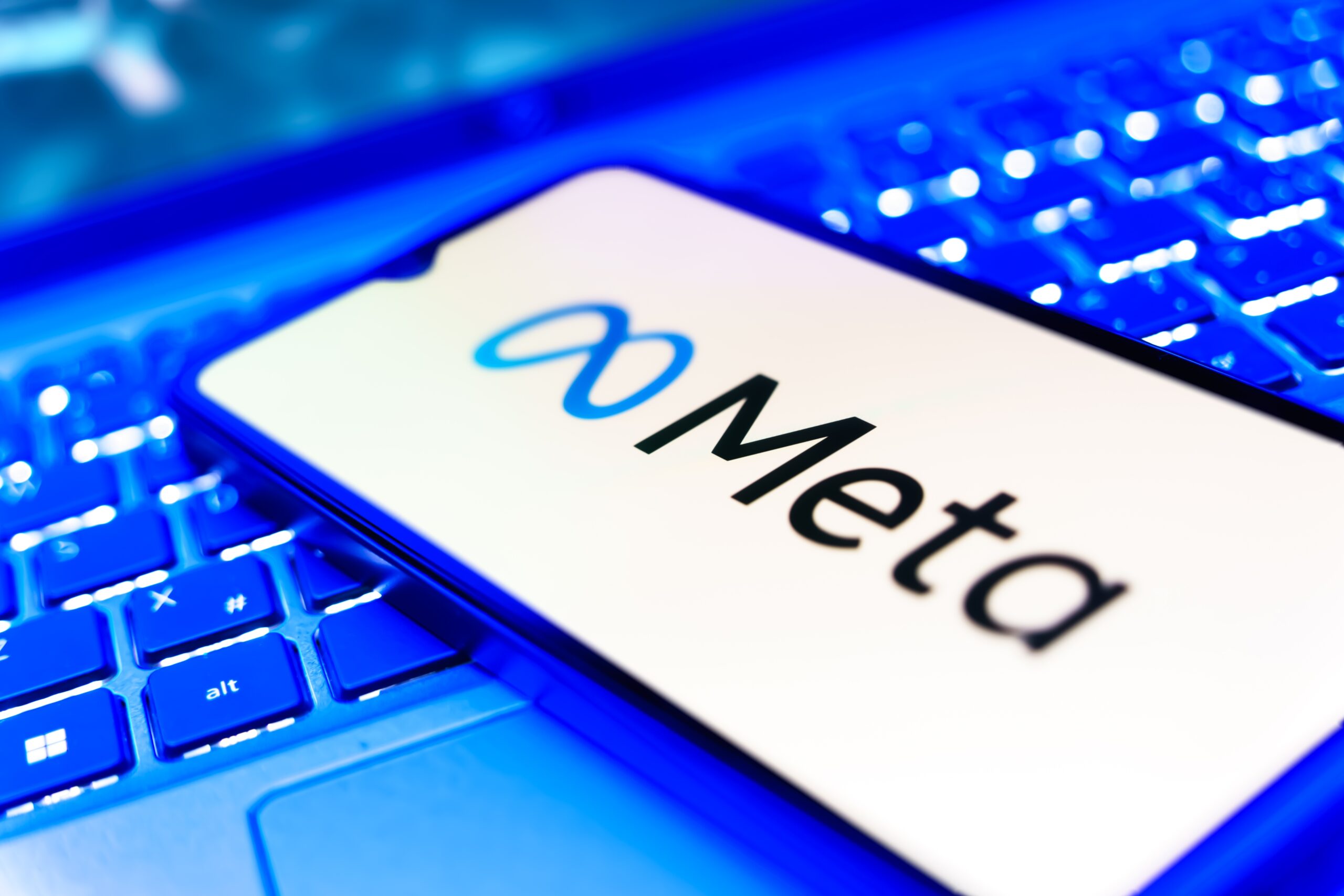It is unsurprising that the exercise of human rights, such as the right to information and freedom of expression, has migrated from the public square to social networks1.
What initially appears as a decentralized or apolitical space often ends up being the epicenter of ideological determination for most people. Consequently, the oversight and control of content have acquired significant social, political, and legal relevance2.
In this context, and in response to constant criticism of content moderation by companies like Facebook and Instagram, the idea of creating an independent body for the company, whose opinions would be technical and binding, emerged in 20183.
As a result, the Meta Oversight Board (hereafter, OB) was established in 2020 with the ultimate goal of increasing transparency and accountability in the company’s operations. Its primary role is to handle user appeals regarding Meta’s decisions about their content and in cases where Meta itself appeals. Therefore, it acts as an independent appellate body that can overturn or uphold the company’s decisions on the removal or retention of content4.
Additionally, the OB has the authority to issue unilateral, non-binding recommendations that serve as guidelines for future content management decisions aimed at better-protecting users’ rights5.
The board is praised for its independence due to the nature of its members, who are professionals with outstanding knowledge of human rights. Moreover, it is not only expected to act autonomously but also to bring a global perspective due to its international and cross-sectoral composition. The board includes lawyers, scholars, former politicians, and Nobel laureates from around the world. In their own words, they “are chosen to reflect the diverse users of Facebook, Instagram, and Threads.”6
How Does It Operate?
Cases are selected based on their impact on users worldwide, their critical importance for public discourse, or the significant questions they raise about Meta’s policies. Once a case is selected, a panel of members reviews it in detail, considering both Meta’s internal policies and international human rights standards. Decisions and recommendations are published transparently on the Board’s website without disclosing the personal information of those involved.
Binding decisions require Meta to reassess and, in some cases, modify its policies. This promotes an environment more respectful of freedom of expression and other fundamental rights, thereby providing legitimacy and consistency to the actions of the large corporation.
So far, while not perfect, Meta’s measure to protect fundamental rights has evolved into an independent direction that aspires to serve as a model for responsible governance in the digital domain.
At this point, it is legitimate to ask: Can Meta establish a governance system parallel to that of the state? Is self-regulation the answer to the legal challenges of the digital age?
When analyzing the legal frameworks at play, from the most specific to the most general, the first thing we observe is that Meta’s content moderation decisions reflect its terms and conditions, the legal framework to which users adhere when they consent to use the applications. According to Edoardo Celeste, these legal parameters become the constitution of the digital environment to which participants are subject7.
As Celeste quotes Meta’s founder, Mark Zuckerberg, in his work: “More than 175 million people use Facebook. If it were a country, it would be the sixth most populated country in the world. Our terms aren’t just a document that protects our rights; it’s the governing document for how everyone across the world uses the service.”
Secondly, when a matter reaches the OB, it applies a set of rules that constitute the body of international human rights law. The basis of its legal architecture is found in the Guiding Principles on Business and Human Rights8, followed by the rest of the corpus, such as the Universal Declaration of Human Rights and numerous specialized conventions. The fundamental pillar upon which all of the Board’s legal opinions are based is the International Covenant on Civil and Political Rights, specifically Article 199, which concerns freedom of expression.
A State Role in Self-Regulation?
If we were to identify a third instance, it is highly debatable whether the state has a role within this self-regulation and self-regulatory body.
How can this be reconciled with the state’s duty to protect fundamental rights if sovereignty seems to exceed the state apparatus’s ability to monitor and enforce accountability?
If we were to identify a third instance, it is highly debatable whether the state has a role within this self-regulation and self-regulatory body.
How can this be reconciled with the state’s duty to protect fundamental rights if sovereignty seems to exceed the state apparatus’s ability to monitor and enforce accountability?
This question does not have an easy answer, and that is why scholars of digital constitutionalism are tirelessly working to delineate the duties of each party. The Guiding Principles on Business and Human Rights, which we mentioned earlier, have traditionally distinguished between the duties of companies—to respect human rights—and those of states—to respect and protect.
However, what is clear is that the Oversight Board is a good start—albeit not a perfect one—for protecting the legal interests at stake in the daily activities of the platforms. Beyond its duty to respect, it emerges as an institution of accountability to which Meta has voluntarily submitted itself and whose guidelines have a significant impact on users whose cases are selected, and on its policies.
Clearly, no solution fits the scale of the problem, where millions of complaints arise every day. But it is the first proposed solution in the increasingly debated space of the corporate world and the protection of human rights. It is worth noting that in a digital ecosystem like Meta’s, it represents an innovative effort with nearly four years of experience, shedding light on about a hundred cases—significant issues where, behind the screens, there is a person who believes their rights to free expression have been violated or restricted.
A European Perspective
From a European perspective, it is interesting to note that the objectives and values driving the OB’s operation, such as accountability, transparency, and a focus on human rights, establish a parallel with the principles that have guided the development of the General Data Protection Regulation, the Digital Services Act, and Artificial Intelligence Act.
Ultimately, public trust consolidates itself as the engine of the balance between innovation, economic prosperity, and the protection of human rights.
Footnotes
1. Franks M.A. Beyond the Public Square: Imagining Digital Democracy. The Yale Law Journal. Volume 131. Nov 2021.
2. Hernández Peña, J.C., Decisiones Algoritmicas De Perfilado: Regimen y Garantias Juridicas. Revista española de Derecho Administrativo. 203 Enero – Marzo 2020 Págs. 281 – 322. 2020.
3. Zuckerberg, M. (2018). A Blueprint for Content Governance and Enforcement. Facebook. Recuperado de https://www.facebook.com/notes/751449002072082/
4. Oversight Board. Our work. https://www.oversightboard.com/our-work/
5. Oversight Board. (s.f.). Decisiones y recomendaciones. Recuperado de https://www.oversightboard.com/decision/
6. Oversight Board. (s.f.). Meet the board .https://www.oversightboard.com/meet-the-board/
7. Celeste, Edoardo. Terms of service and bills of rights: new mechanisms of constitutionalization in the social media environment? International Review of Law, Computers & Technology. 33. 1-17. 10.1080/13600869.2018.1475898. (2018).
8. United Nations. Guiding Principles on Business and Human Rights: Implementing the United Nations “Protect, Respect and Remedy” Framework. ISBN: 978-92-1-154201-1. 2011.
9. Article 19 1. Everyone shall have the right to hold opinions without interference. 2. Everyone shall have the right to freedom of expression; this right shall include freedom to seek, receive, and impart information and ideas of all kinds, regardless of frontiers, either orally, in writing or in print, in the form of art, or through any other media of his choice. 3. The exercise of the rights provided for in paragraph 2 of this article carries with it special duties and responsibilities. It may therefore be subject to certain restrictions, but these shall only be such as are provided by law and are necessary: (a) For respect of the rights or reputations of others; (b) For the protection of national security or of public order (ordre public), or of public health or morals.
Author: Verónica Vargas Celix


